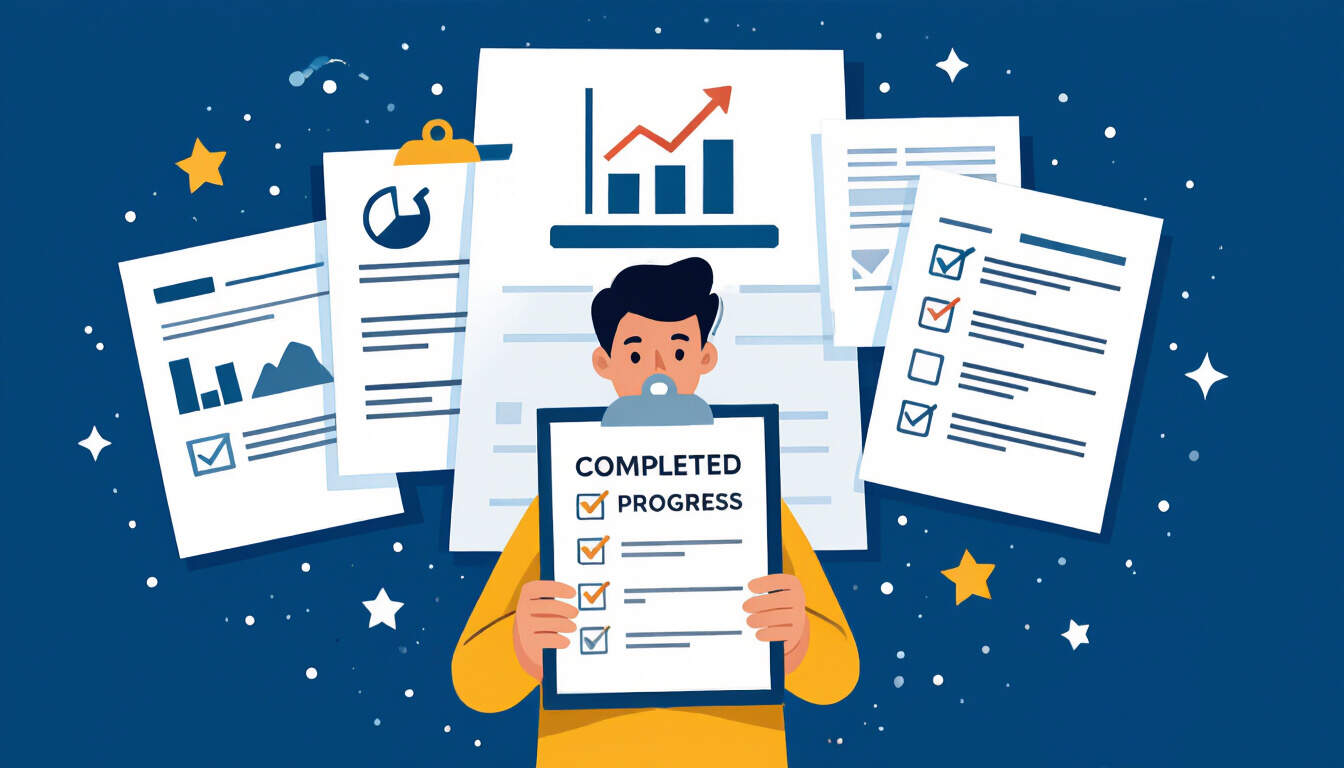Strategies for Overcoming Procrastination
 by Verner Mayer
by Verner Mayer
Procrastination often hinders progress for ambitious professionals, but with focused strategies, it can be conquered. This article explores practical steps to build better habits, enhance productivity, and achieve personal goals, fostering a positive path to success.

Procrastination affects many who aim for success, delaying actions that could lead to growth. It creates a cycle where tasks pile up, making it harder to move forward. To break this pattern, individuals must identify triggers and implement effective changes.
Recognizing the Roots of Procrastination
Many people face procrastination due to fear of failure or overwhelming tasks. This behavior stems from internal factors like perfectionism or external distractions. By acknowledging these, one can begin to address the issue. For instance, simple daily routines might reveal patterns, such as avoiding challenging work in favor of easier activities.
Once recognized, the next step involves creating a structured approach. Setting clear priorities helps in managing time better. This means listing out tasks and focusing on what matters most each day.
Practical Steps to Build Momentum
One key strategy is breaking down large goals into smaller, manageable steps. This method reduces the mental barrier that often leads to delay. For example, if a professional needs to complete a project, starting with just one small part can build confidence and maintain progress.
Accountability plays a vital role as well. Sharing goals with a trusted colleague or friend can provide the encouragement needed to stay on track. Regular check-ins create a sense of responsibility, turning vague intentions into concrete actions.
Another effective technique is using timers to work in focused bursts. This approach, often called the Pomodoro method, involves working for a set period, like 25 minutes, followed by a short break. It helps maintain energy and prevents burnout, making it easier to tackle pending items.
Developing a Positive Mindset
Shifting mindset is essential for long-term change. Viewing challenges as opportunities for growth rather than obstacles can transform how one approaches tasks. Positive affirmations, repeated daily, reinforce this shift and build resilience.
Incorporating habits like regular exercise or mindfulness practices supports overall well-being, which in turn combats distractions. A healthy routine ensures that mental clarity is maintained, allowing for better decision-making and sustained effort.
Success stories from entrepreneurs show that consistent small wins lead to major achievements. By celebrating progress, no matter how minor, individuals stay motivated and reduce the appeal of postponing work.
Maintaining Progress Over Time
To sustain these changes, tracking progress through journals or apps provides valuable insights. Reviewing what worked and what didn't allows for adjustments, ensuring continuous improvement.
Surrounding oneself with supportive environments also matters. This could mean organizing a workspace to minimize interruptions or seeking communities that share similar goals. Over time, these elements create a foundation for lasting productivity.
For professionals and entrepreneurs, overcoming procrastination means reclaiming control over time and energy. It opens doors to new opportunities and personal fulfillment, paving the way for greater accomplishments.
In summary, by recognizing patterns, implementing practical strategies, fostering a positive mindset, and maintaining consistent efforts, anyone can overcome the challenges of delay and move toward their aspirations.
